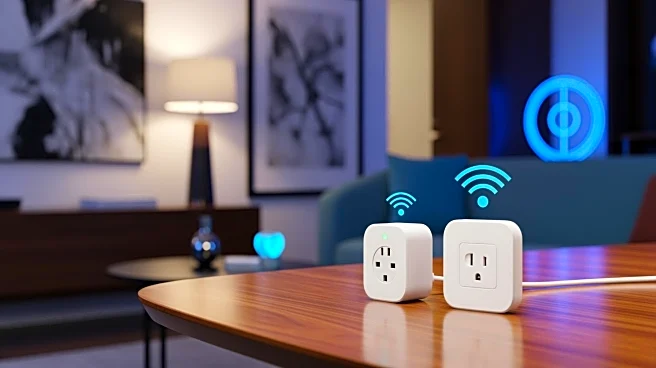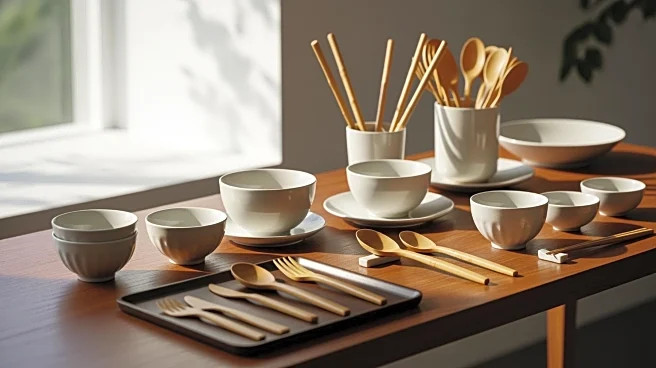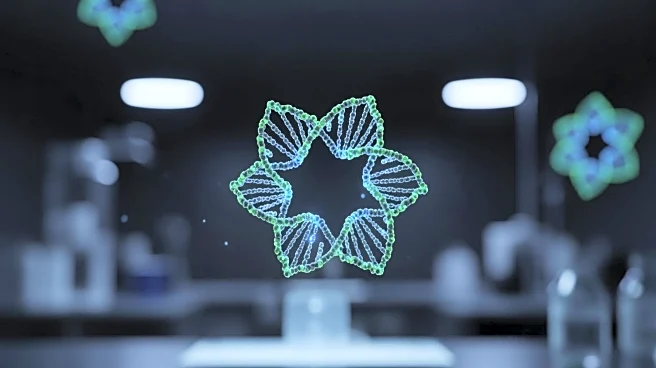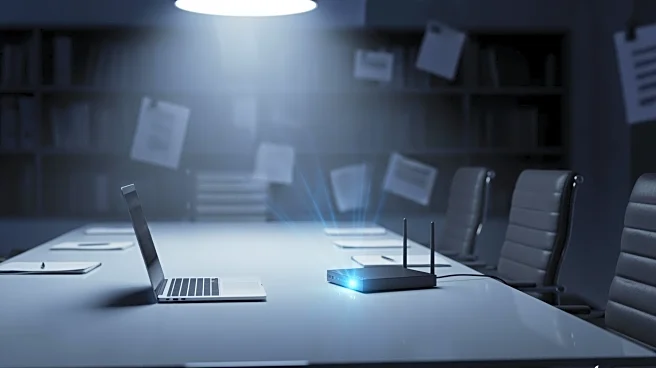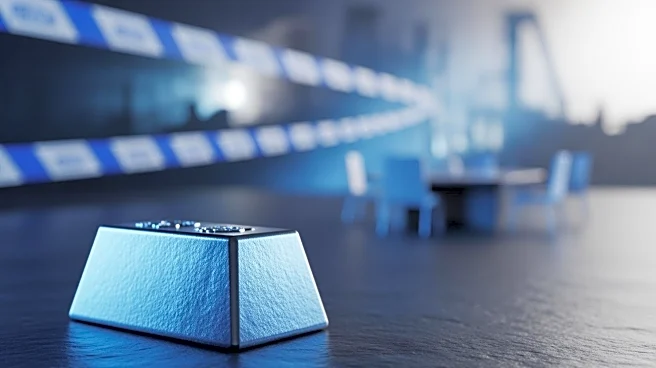What's Happening?
The decision between smart plugs and smart outlets is a pivotal one for smart home enthusiasts. Smart plugs offer ease of installation and portability, making them ideal for renters or those who frequently rearrange their living spaces. They can be plugged
into any power receptacle and are compatible with various smart home systems. On the other hand, smart outlets provide a more permanent solution, integrating seamlessly into the home’s electrical system. They are aesthetically pleasing and offer enhanced security, making them suitable for locations like children's bedrooms or short-term rental properties. However, installing smart outlets can be more complex and costly, often requiring professional assistance.
Why It's Important?
The choice between smart plugs and smart outlets impacts the functionality and flexibility of a smart home setup. Smart plugs are advantageous for renters due to their portability and ease of use, allowing for quick relocation without the need for tools. This flexibility is crucial for those who cannot modify their living spaces. Conversely, smart outlets offer a permanent solution that can increase the value of a property, appealing to potential buyers who value integrated smart home technology. The decision also affects cost, as smart plugs are generally more affordable than smart outlets, which require installation and may incur additional expenses.
What's Next?
Homeowners and renters alike must assess their specific needs and living situations to determine the best fit for their smart home systems. For homeowners, a combination of smart plugs and outlets may offer the best balance between cost and functionality. Renters should consider smart plugs unless their landlords are willing to install smart outlets. As smart home technology continues to evolve, consumers can expect further advancements in both smart plugs and outlets, potentially offering more features and improved integration with smart home ecosystems.
Beyond the Headlines
The decision between smart plugs and outlets also touches on broader themes of home automation and energy efficiency. Smart plugs can help track energy usage, contributing to more sustainable living practices. Additionally, the integration of smart outlets can enhance security protocols within a home, offering peace of mind to residents. As smart home technology becomes more prevalent, these devices will play a crucial role in shaping the future of residential living, influencing how homes are designed and marketed.
